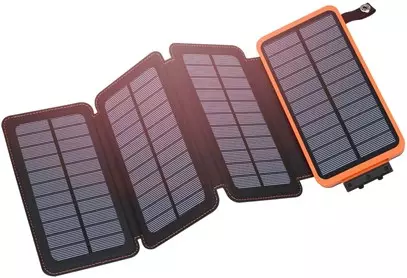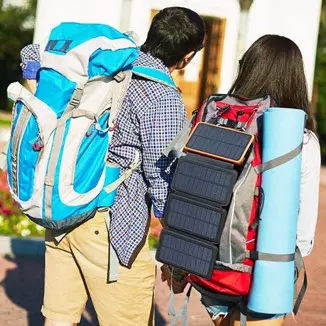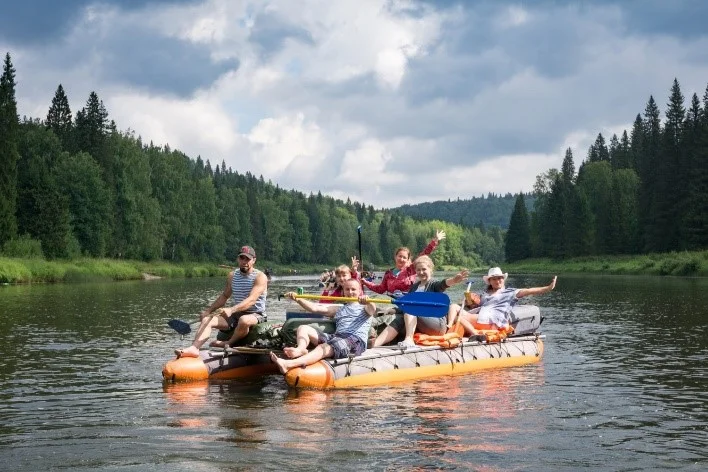Task 1
Imagine that you are preparing a project with your friend. You have found some interesting material for the presentation and you want to read this text to your friend. You have 1.5 minutes to read the text silently, then be ready to read it out aloud. You will not have more than 1.5 minutes to read it.
As the Internet and digital technology become a bigger part of our lives, more of our data becomes publicly accessible, leading to questions about privacy. In the past, it was easy for people to keep track of their personal information. Like their possessions, people’s information existed mostly in physical form: on paper, kept in a folder, locked in a cupboard or an office. Today, our personal information can be collected and stored online, and it’s accessible to more people than ever before. Many of us share our physical location, our travel plans, our political opinions, our shopping interests and our family photos online – as key services like ordering a takeaway meal, booking a plane, taking part in a poll or buying new clothes now take place online and require us to give out our data. Every search you make, service you use, message you send and item you buy is part of your ‘digital footprint’.
Task 2
Study the advertisement.
Best for a traveller!


You are considering buying this solar bank charger and now you’d like to get more information. In 1.5 minutes you are to ask four direct questions to find out about the following:
- battery capacity
- weight
- if it will survive sudden rains
- price
You have 20 seconds to ask each question.
Task 3
You are going to give an interview. You have to answer five questions. Give full answers to the questions (2–3 sentences). Remember that you have 40 seconds to answer each question.
Tapescript for Task 3
Interviewer: Hello everybody! It’s Teenagers Round the World Channel. Our guest today is a teenager from Russia and we are going to discuss plastic pollution. We’d like to know our guest’s point of view on this issue. Please answer five questions. So, let’s get started.
Interviewer: What do you know about plastic pollution? How concerned are you about it?
Student: _________________________
Interviewer: Do you think your generation has a role to play in addressing plastic pollution? How can young people make a positive impact?
Student: _________________________
Interviewer: How can schools teach children about the environmental impact of plastic pollution?
Student: _________________________
Interviewer: In your opinion, what can governments and businesses do to reduce plastic waste?
Student: _________________________
Interviewer: In taking action against plastic pollution, should we prioritise reducing plastic usage or focus on improving plastic recycling? Or is it a combination of both?
Student: _________________________
Interviewer: Thank you very much for your interview.
Task 4
Imagine that you and your friend are doing a school project “Budget travel”. You have found some photos to illustrate it but for technical reasons you cannot send them now. Leave a voice message to your friend explaining your choice of the photos and sharing some ideas about the project. In 2.5 minutes be ready to:
- explain the choice of the illustrations for the project by briefly describing them and noting the differences;
- mention the advantages (1–2) of the two budget travel options;
- mention the disadvantages (1–2) of the two budget travel options;
- express your opinion on the subject of the project – which of these budget travel options you’d prefer and why.
You will speak for not more than 3 minutes (12–15 sentences). You have to talk continuously.

